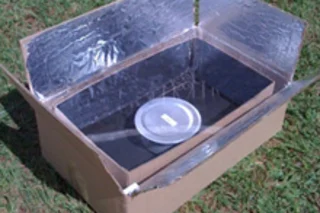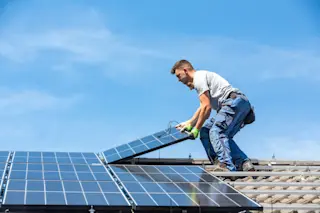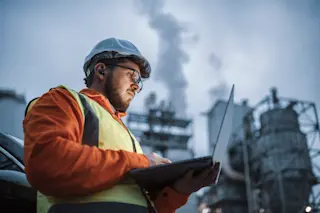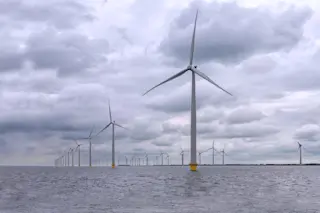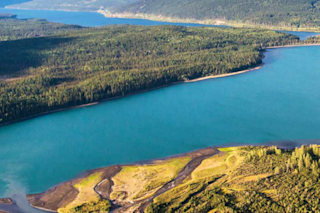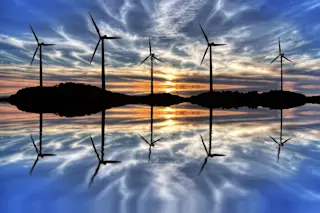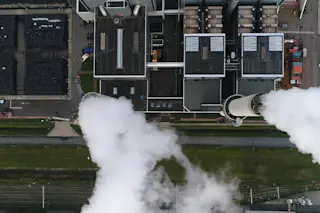The Kyoto Box, a $6 solar cooker made from cardboard, has won the Financial Times-sponsored Climate Change Challenge contest for innovative ways to decrease the human impact on the environment. Its capacity to not only cook food but also sterilize water could help three billion people reduce their greenhouse gas emissions. The Kenya-based Norwegian creator of the cooker, Jon Bøhmer, has been awarded $75,000 to put the idea into production. Named after the United Nations' Kyoto Protocol, the cooker is made from two cardboard boxes, one inside the other, with either paper or straw insulation placed in between; an acrylic cover on top lets in and traps sunlight. Black paint on the inner box, and silver foil on the outer one, help concentrate the heat. The trapped rays make the inside hot enough to cook casseroles, bake bread and boil water [CNN]. Covering the cooking pot with a transparent cover ...
Two Cardboard Boxes and Some Paint = a $6 Solar Cooker to Save the World
Discover the innovative solar cooker made from cardboard that helps reduce greenhouse gas emissions and sterilize water.
More on Discover
Stay Curious
SubscribeTo The Magazine
Save up to 40% off the cover price when you subscribe to Discover magazine.
Subscribe

